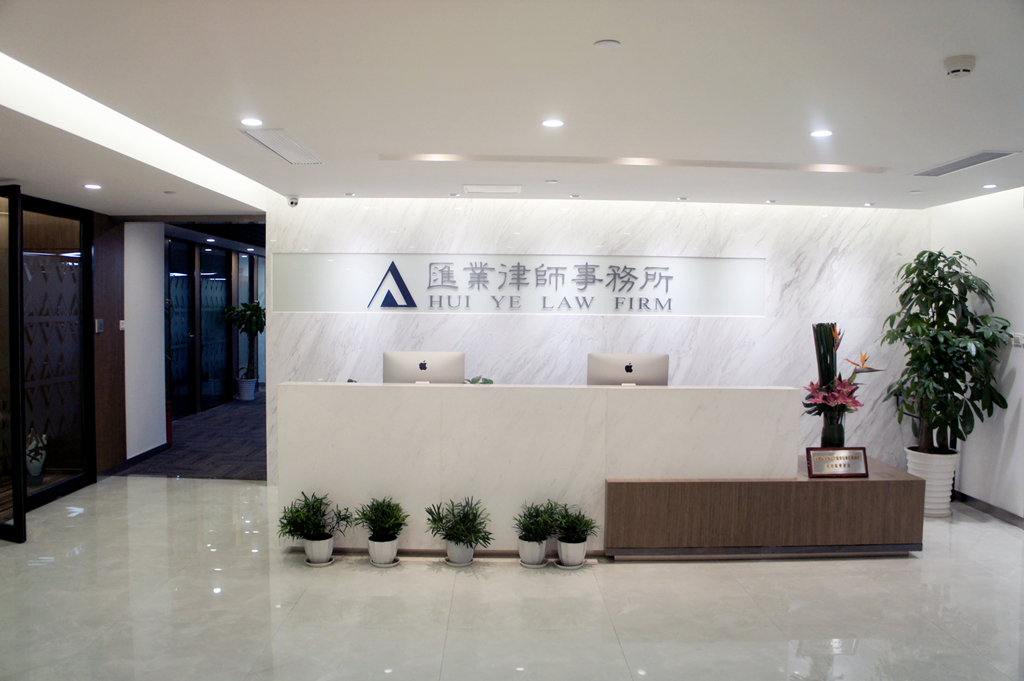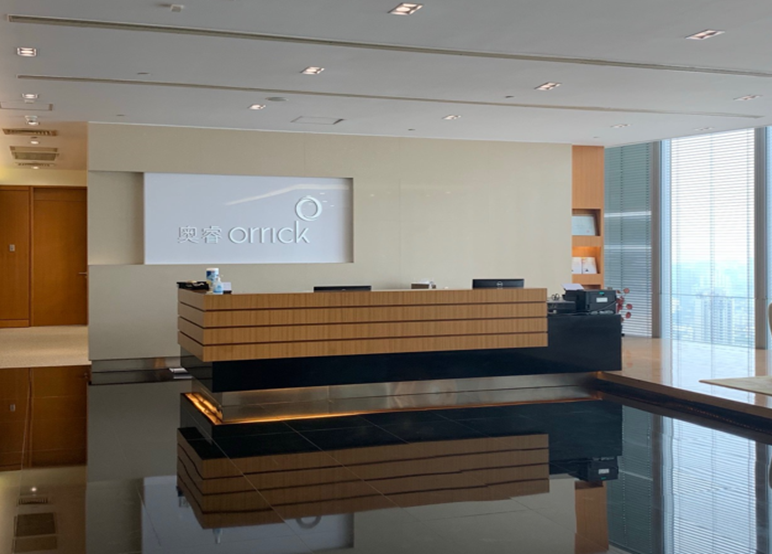2013 years, The European Commission has issued a complaint against drug company Lingbei Pharmaceutical (Lundbeck) contract 9400 A fine of 10, 000 euros. Lingbei filed a complaint with the Court of Justice of the European Union. recently, Julianne, General Counsel of the European Court of Justice.Cockett (Juliane Kokott) An opinion was given on the case.
Citalopram is the best-selling antidepressant (Citalopram) After the expiration of the main patent, Signing agreements with competitors to delay the launch of their products. The European Commission ruled that Lingbei breached EU competition law. The European Union's General Court upheld the commission's ruling.
The case has now been appealed to the European Court of Justice for a final decision. Mr Cockett recommended that the EU court reject Lingbei's appeal. At the same time, She just "Paid delay" (pay-for-delay) The agreement and competition law as it relates to the pharmaceutical industry make a number of observations. The EU court of Justice will hear the case in the next few months. Although Mr Cockett's opinion is not legally binding on EU court judges, But the court will consider it anyway.
Cockett thinks, Paying generics to delay the entry of competing products may breach EU competition law. That view echoed a separate ruling by the court earlier this year. In a ruling earlier this year, The European Court of Justice dealt with another case of the antidepressant drug Paxil (paroxetine) Related reverse payment settlement agreement issues. According to "Treaty on the operation of the EU" (TFEU) The first 101 Provision of article, Agencies may not sign to prevent, Agreements which have the purpose of restricting or distorting competition in the internal market or which have the purpose of having such an effect and are likely to affect EU trade.
Cockett thinks, The General Court ruled that Lingbei's paid delay agreements with several generics companies were not wrong to limit competition, Because the agreement goes beyond specific intellectual property topics. This means that, Although patents allow their holders to object to infringement, But it does not allow the holder to enter into such agreements and delay entry into the market by making payments to actual or potential competitors.
Cockett also dismissed Lingbei's other claim: There are errors in the Commission's methods and principles for calculating fines. Cockett's statement, TFEU The first 101 The article makes it very clear that the dispute agreement is illegal, Agreements do not have to prove past violations or harmful effects on competition for the purpose of violating competition law. Cockett also addressed a controversial issue, That is when a generic drug manufacturer can be called a medical patent holder "Potential competitor" . In judging whether enterprises are active in the same market and evaluating the impact of agreements between companies on market competition, "Potential competitor" This concept is very important.
Cockett's statement, The General Court was right to uphold the commission's ruling, In this case Lingbei and the generic drug company were potential competitors at the time of the agreement. The court is expected to issue a formal ruling within the next few months.
(Compiled from www. pinsentmasons. com)
translation: Rason group proofread: Wang Dan

Safeguard the rights of economic and trade hotspots






